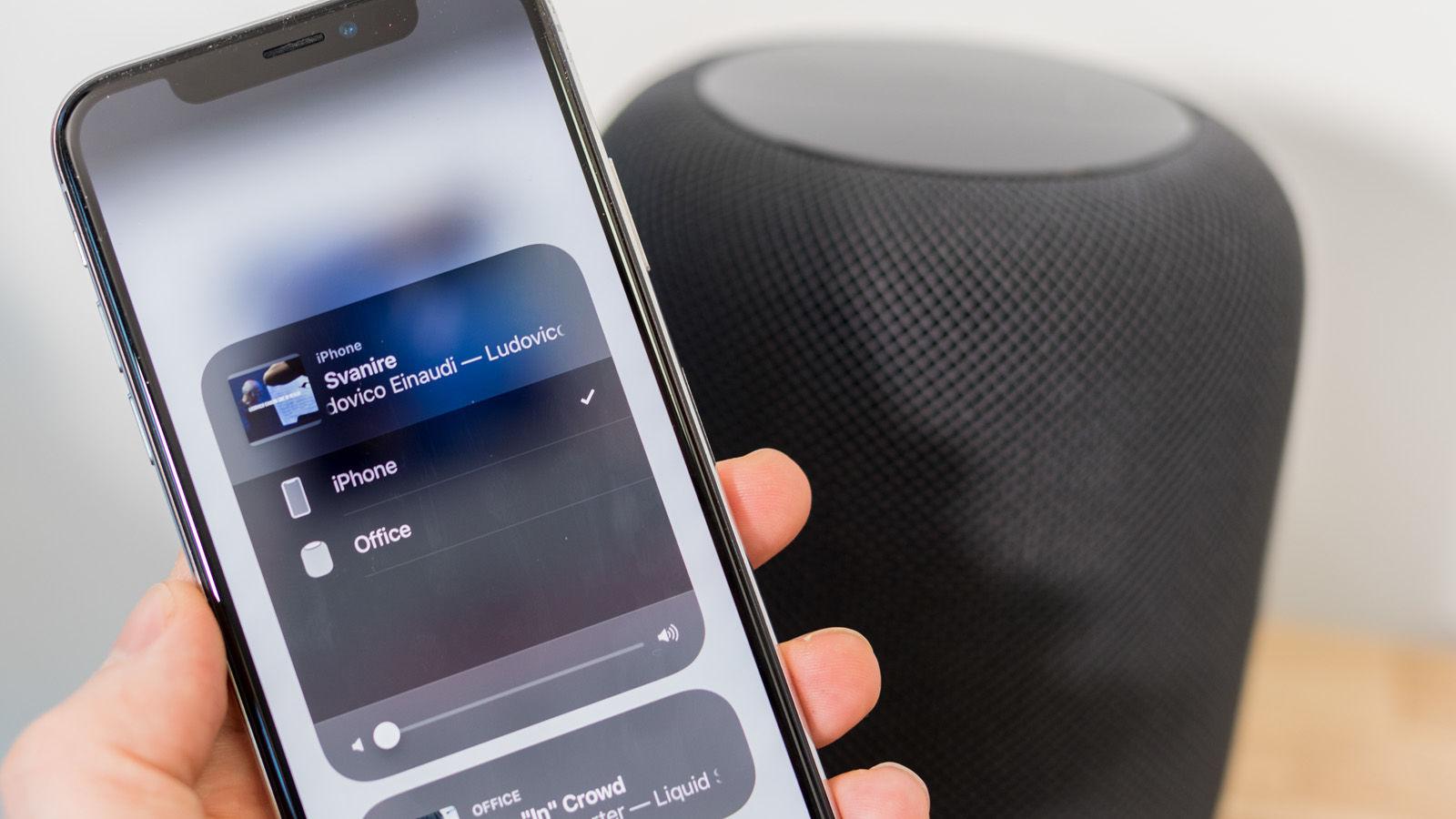Apple doesn’t need a new HomePod, it needs an assistant that’s actually smart
Voice assistants aren’t perfect, and it would be unreasonable to expect them to be. The technology to recognize words themselves in a huge range of accents and tones is incredible, and further deciphering the jumbled cadences and vocabulary of natural speech takes the challenge to the next level. It’s not surprising that our devices sometimes can’t understand what we’re saying.
But the problem with Siri, beyond all other voice assistants I’ve tried, isn’t merely failure. It’s misplaced self-confidence. It’s the Dunning-Kruger effect. It’s the ConfidentlyIncorrect subreddit. It’s the trivia night teammate who insists you go with his wrong answer.
When I ask my HomePod to play a song and use slightly the wrong intonation, or someone else is speaking at the same time, it struggles. Siri, in my experience, isn’t the acutest of listeners and often misses what I’m trying to say. That much alone would be frustrating, if understandable. But Siri compounds the problem by guessing.
“Hey, Siri,” I might optimistically say, “play ‘Roadgame’ by Kavinsky.”
“Okay,” comes the reply. “Now playing [ominous pause] ‘Ocean Drive’ by the Lighthouse Family.”
(I should note, for full disclosure, that this is merely a re-creation of events and the actual song/playlist/radio station varies from day to day. Presumably, there is a word or phrase which triggers the confusion, but I have never yet been able to work out Siri’s reasoning. So I chose a song, as Siri appears to do, entirely at random.)
This is then followed by frantic requests to Stop Playing, whereupon Siri claims to be On It, before finally throwing up its hands and plowing ahead with the wrong music. Adding insult to sonic injury, Siri’s admissions of failure tend to be accompanied by a tedious boilerplate error message that I can now recite from memory, having heard it approximately ten billion times; I am often driven to say “Hey Siri, stop” just to end the punishment, which then triggers another error message (“Hi David, there is no music to stop playing. For more information…”) and an eruption of blue language from the HomePod’s aggrieved owner.

Foundry
It seems obvious to me that playing the wrong song is worse than not playing anything, particularly if for some reason you need to access a flawless internet signal to process the command Stop Playing. I would far prefer Siri, when unable to understand what I’m saying, to play nothing. But it insists on taking a punt and getting it epically wrong. And these errors seem (in my anecdotal experience, and that of many of my friends) to be getting more frequent, not less. Amazon’s Alexa, which I use fairly often in friends’ houses, isn’t perfect either, but seems to have a far higher success rate at understanding commands–and, crucially, far less of an instinct to guess.
When it’s not guessing which song I want to hear, Siri loves to push in where it’s not wanted. If I say “Hey, sorry!” after spilling gravy on my mother’s shoes, the HomePod will say “Come again?” or “Huh?” in its pompous little voice. And again, that’s an imaginary scenario that I found amusing and makes a sort of sense; in reality, these interjections have always been as mysterious as they are unwanted. If there’s a phrase I need to avoid in my life in order to keep Siri off my back… well, first off that’s deeply annoying, but second, I still don’t know what it is.
(Hilariously, Apple has reportedly considered making Siri’s trigger phrase shorter, as if the voice assistant’s biggest problem is that users are wasting valuable time saying three syllables to summon it. In the name of all that is holy, Apple, please don’t do it. I might very well go mad.)
Siri’s bumptious overconfidence is the worst of its problems, but there are others. I was excited, for example, when AirPlay 2 brought the prospect of multi-room audio, and currently have HomePods set up in four rooms in my house. But this creates further problems when I ask Siri to “play this in the living room” (wildly misunderstood more often than not) or when it arbitrarily decides to play a requested song in a room I’m not currently in. Siri also tends to lag behind rival voice assistants on ‘smart’ features more generally: Alexa, unsurprisingly, is far better set up for shopping, while Google Assistant can make and answer phone calls for you. Apple has been working diligently to improve in this department, but the others always seem to remain one step ahead.

Foundry
In short, Siri is a bad voice assistant. And this is all the more tragic because other than Siri the HomePod is great. It’s exactly the sort of product to suit me, with excellent audio quality and a smart, compact look. With a family subscription to Apple Music (a service with which I am extremely happy) and HomePods in every room, I should be living my best life. But Siri–arrogant, pushy, frequently wrong Siri–ruins it all.
Which is why I found the HomePod relaunch so baffling. I’m currently reviewing the new model and expect it to be just as excellent as the first one. HomePod’s biggest problem isn’t the hardware, it’s the snooty little voice assistant. A colleague from a more Apple-skeptical website told me he’d love to buy a HomePod… if it allowed him to use Alexa. And he probably isn’t alone. That might be a concession too far even for 2023’s less dictatorial Apple, but the company would sell a lot more HomePods if it fixed Siri.
This might be hurtful for those who work on the Siri team. But then again, I doubt they’ve understood a word I’ve said.
Different Think is a regular column in which Macworld writers expose their less mainstream opinions to public scrutiny.
For all the latest Technology News Click Here
For the latest news and updates, follow us on Google News.
